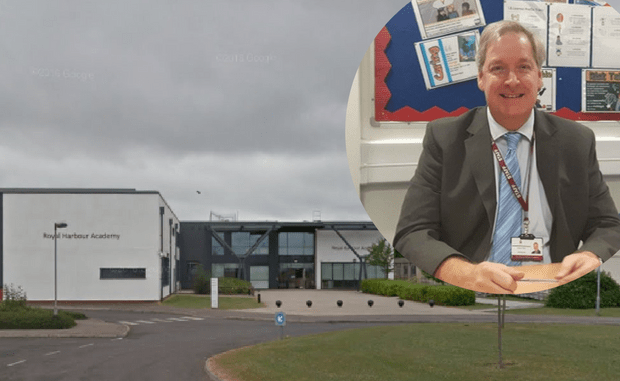
Major changes to the way students are taught at Royal Harbour Academy (RHA) in Ramsgate are being introduced.
Plans include reducing the number of teachers that Year 7 pupils receive lessons from, drafting in specialist staff, holding additional study sessions and working with local primary schools.
A junior IB (International Baccalaureate) programme has also been brought in across the middle years at the school focusing on core academic and vocational subjects alongside communication skills, community and personal projects and a service element.
The programme started this term and will grow over the next two years. RHA will then be inspected and become a formally authorised IB middle years (Years 7-9) school. It is already authorised as an IB World School for the IBCP ( International Baccalaureate Career-related Programme).
Fewer teachers for Year 7s

The plan to reduce teachers taking the Year 7 group will not result in any job losses. The aim is to develop the idea of a ‘nurture group’ that already runs at the school.
The group is attended by youngsters in Year 7 who have fallen behind in their learning and need some extra help to catch up with their year group. The method has proved successful in helping youngsters upgrade their knowledge and rejoin mainstream lessons.
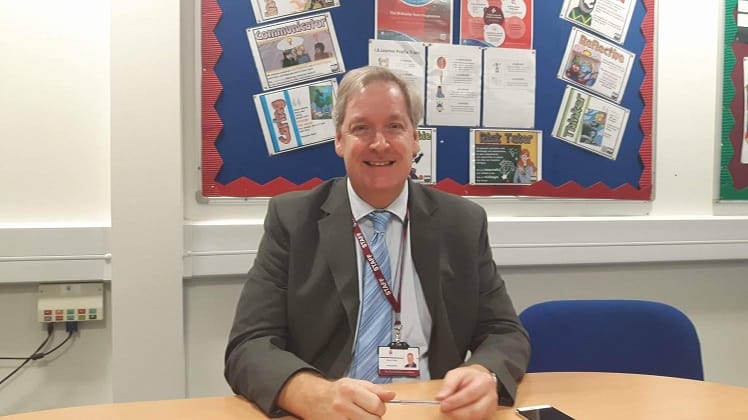
Head teacher Simon Pullen said: “It is based on a primary model. There is one teacher and several support teachers. There is a strong, extra focus on numeracy and literacy because the students are below the level they should be coming into the school. We have drafted in specialist teachers and it has been very successful. Pupils from last year made a good transition into Year 8.
“We are interested to see how we can shape the Key Stage 3 curriculum with a better model, like primary schools with fewer teachers.
“We are exploring how to reduce the number of teachers that Year 7 pupils are exposed to but making sure all pupils are learning across the national curriculum. We are working on a timetable for next year.”
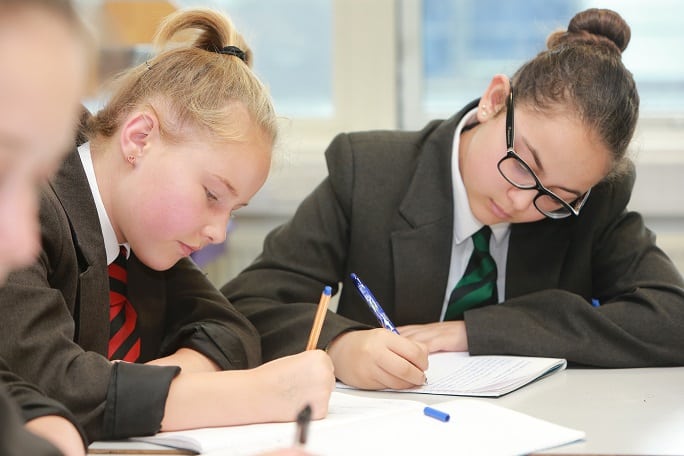
The aim is to soften the change from primary to secondary and ease new pupils into the system of multiple teachers and classes.
Secondary schools in the Coastal Academy Trust, which includes RHA, have been working with primary schools in the same group, specifically Cliftonville primary, with joint training and site visits.
Lessons are also split into mostly academic subjects in the morning and activities such as drama, PE and music in the afternoon – again mirroring the teaching day in many primary schools.
New GCSE exams and grading
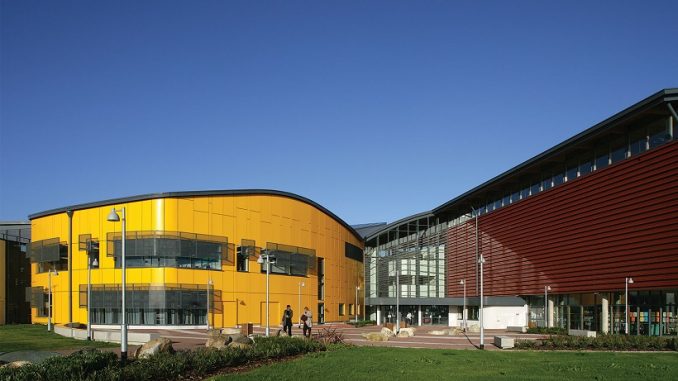
RHA, which was formed by a merger of the Marlowe Academy and Ellington and Hereson in 2015, was one of the isle schools hit by low results in the newly restructured exams.
This year was the first with a new grading system of 9-1 replacing the traditional A/B/C marks in English and maths. The new system also introduces harder maths and English exams. Students are no longer allowed to have English coursework as a component of the exam – meaning all the marks centre on the test – and in maths there are now three exams rather than two.
Provisional results released by the government last week showed 11% of RHA pupils received a Grade 4 (equivalent to a low C) or above in Maths and English combined. Seperately English was 23% and maths was 22% at Grade 4. The overall figure is likely to rise when the final results are published in January.
Already some 40 students have had their papers remarked, at a cost of around £4,000, and 36% of them have had the grades improved.
Literacy and numeracy
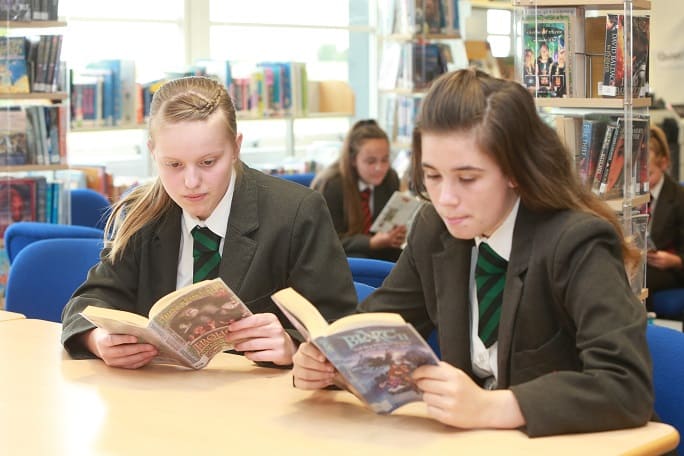
Mr Pullen says the work now taking place is “from the bottom up” with ‘the best’ teachers brought in to Year 7 to strengthen literacy, numeracy and reasoning skills.
He said: “The stronger literacy skills are needed to access the exams later on. Students need to be adaptable because the exams now have a mix of questions and phraseology they may not have come across before. For more confident, higher level students it’s fine but those who do not have that level of skill are set back and then struggle with the following questions.”
Year 11s
For the current Year 11s additional maths teachers have been brought in, there will be more support in English, revision clubs and the school is paying to hold ‘motivational’ events.
Mr Pullen said: “There will be a lot of additional out of hours support for students. We do not usually do October half term work sessions but we are now. We are also getting in people to help with motivation, such as guest speakers. Our Year 11s are a good, motivated group and we expect them to cope with the new exams.”
Progress 8
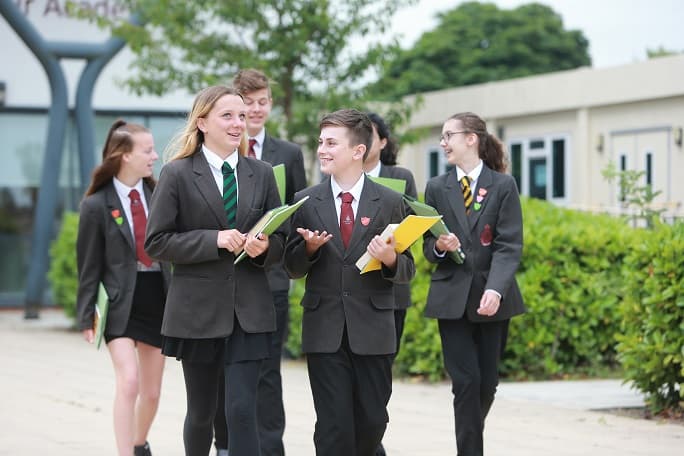
The Progress 8 scoring is more problematic. Schools are no longer judged on English and Maths and 3 other subjects but rather on 8 subjects including English, Maths, Science, History or Geography and 3 other subjects.
Progress 8 measures how students have done in those subjects against targets from the government. It is only used for state-funded schools, independent schools such as St Lawrence College do not have to follow the measures.
Many students will not want to study eight subjects and this will impact on the results. Mr Pullen said RHA will take the hit and do what is best for the student rather than trying to reach the target.
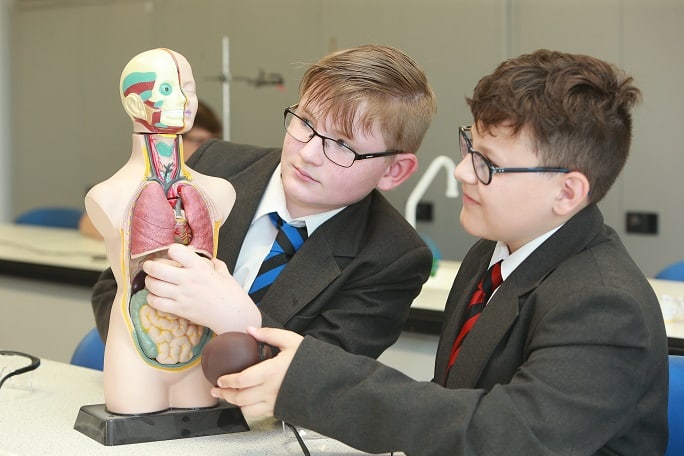
He added: “The government has been clear that it is not always appropriate for students to study 8 subjects and that schools must create the correct pathways for their students’ needs. We fully support the best curriculum for a student even though this can impact negatively on a school’s progress figure. The majority of our students did take the full 8 subjects and they achieved a figure of -0.56, which is more reflective of the potential of the school.”

